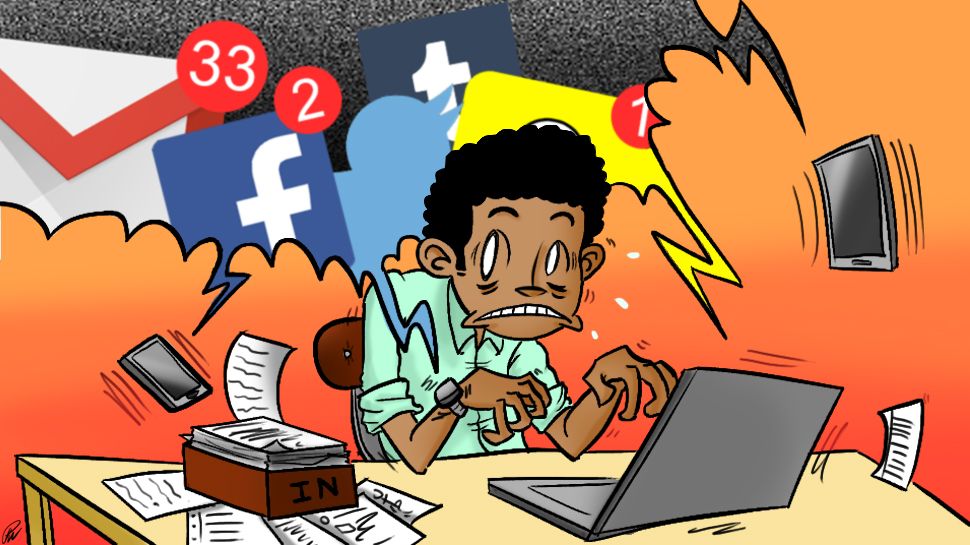1. GET ORGANIZED
You are more likely to procrastinate if you don’t have a set plan or idea for completing your work. Investing in a planner is a good idea. Start keeping track of all your assignments and their due dates. When you're organized, it gives you a more orderly and measured framework within which to work.
2. ELIMINATE DISTRACTIONS
Getting rid of distractions is another tip to avoid procrastination. By limiting the number of distractions around you, you're more likely to get done what you need to do. Shut your phone off, retreat to a quiet place and listen to classical music or white noise to drown out any noise.
3. PRIORITIZE
Prioritizing your work and assignments is another way to help you avoid procrastination. Every week or so, make a list of what needs to be completed. Make sure you address the most critical or time-sensitive assignments first. Then work your way down the list. Get the hard stuff out of the way first, so that everything that comes after it will seem more manageable.
4. SET GOALS
Part of the reason you might procrastinate is that what you have to do seems overwhelming. It’s a lot easier to get started on a project when you establish simple, reachable goals rather than face a big, vague plan. Instead of telling yourself, “I’ll study chemistry tonight,” you might instead say, "I’ll study chapter six tonight." This makes your goals less intimidating and more attainable.
5. SET DEADLINES
Another tip to avoid procrastination is to set deadlines. Many students get stuck in the “I'll do it tomorrow or eventually” cycle when in truth that day or eventually never comes. It's important to set a specific date for when you want a project or assignment to be completed. Aim to have your projects and assignments completed one or two days in advance. That way, if something unexpected happens, you still have extra time to complete them.
6. TAKE A BREAK
Another tip to avoid procrastination is to take a break from your schoolwork every now and then. Take a 10-15 minute break. Listen to music, take a walk or scream into a pillow — anything that takes your mind off of your school work and allows you to relax. An Oregon State University study shows that taking a break can increase focus, reduce stress, and help you better retain information.
7. REWARD YOURSELF
Rewarding yourself may create an incentive to complete a task and help avoid procrastination. After studying for a test or completing an assignment, consider giving yourself a reward. It could be as simple as, "Once I finish this assignment, I can watch an episode of my favorite show."
8. HOLD YOURSELF ACCOUNTABLE
Holding yourself accountable for completing your assignments on time, studying for tests, and getting good grades is another tip to avoid procrastination. While it is easy to find reasons not to study and take unnecessary or extra-long breaks, catch yourself before this happens. Remember that you are responsible for the assignments you complete or don’t complete, the tests you ace or don’t do so well on, and your grades. If you need help in holding yourself accountable, tell a friend or family member and ask them to check up on your goals, deadlines, and accomplishments.






